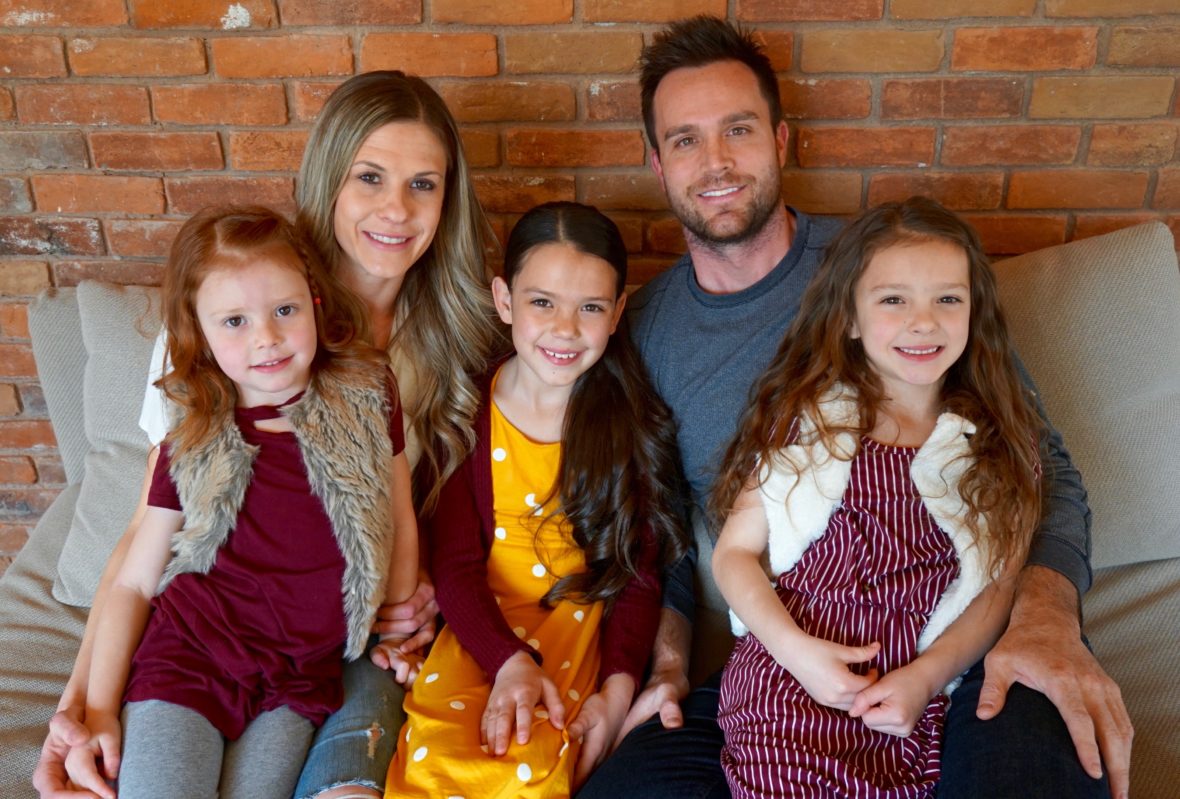
Last week may have marked a first in my 10-year marriage. I took stock of our toilet paper, all six-and-a-half rolls.
With three daughters under the age of 8, the white stuff goes quickly at our place. (We’ve exhausted our supply before. Don’t ask questions.)
My wife, Nicki, the responsible one in the house, typically restocks the rolls. But as bizarre images of empty store shelves and shopping carts brimming with toilet paper and other necessities flashed into view last week — on social media, on TV, at our local grocery stores — we both felt an unusual sense of urgency and bewilderment.
Our toilet paper outlook appeared grim, but more unsettling was the endless stream of headlines bearing unprecedented news following the growing coronavirus pandemic:
- The shuttering of schools nationwide.
- A confirmed case of the illness in East Idaho, where we live.
- The axing of big events, from March Madness to the NBA season.
Disneyland even closed, to our daughters’ dismay.
I wondered how my parents felt on September 11, 2001, or how their parents and grandparents felt during World War II, when food was rationed.
Our thoughts turned to our children. Should we keep them home? Should we rush the stores for food? Is everyone overreacting?
The news changes by the minute, with the White House now calling for millions of families to homeschool their kids. As I write this, our daughters’ elementary school closed effective immediately, until at least April 3.
Questions linger. Like you, we have decisions to make.
Last week, we agonized over sending our kids to school. As a journalist covering education issues, I’ve spent much of the month sifting through news stories featuring advice from various experts and officials who stress the gravity of the situation.
Fortunately, Nicki and I read about how children are at a lower risk for serious symptoms.
Still, as a former teacher, I know how quickly a classroom can turn into a giant petri dish.
My sick days vanished like, well, toilet paper during a pandemic my first year in the classroom. My immune system strengthened — and I got smarter — the second year, when I scrubbed my hands more and cracked my classroom windows year-round. Not all of my students liked the draft, but they weren’t the ones scrubbing the desks.
After an hourlong discussion last Thursday, Nicki and I decided to keep our kids home Friday. Our kindergartner, whose class was having Green Eggs and Ham day, wasn’t happy.
After a weekend of reassessing the situation, we made the same call Monday morning.
Now, with school out for who knows how long, we wonder what the coming weeks will bring. Can we YouTube homeschool lessons? How will we balance our jobs with three little ones at home?
Broader uncertainties accompany the virus. How long will it all last? What will the pandemic’s reach be in Idaho? How do we keep our kids safe?
Fortunately, Nicki and I work from home, but as she put it, “We’ve shaped our life around our routine.”
Answers aren’t coming easily, and we’re finding more questions continually arise. But we have found some relief. On Saturday, my mother, who just texted me wondering if we have eggs, heaved a garbage bag full of toilet paper to our front door.
Don’t ask how she got it, but the small act has helped more than she knows.
As the virus spreads, Nicki and I still wonder — and worry — about what happens next. We’ll have the same conversations — about school, about our necessities, about our safety — every night for weeks to come.
This is our new reality. Good luck with yours.
Devin Bodkin is a full-time reporter for Idaho Education News. He lives in Blackfoot and covers East Idaho news. He taught school in Blackfoot before turning to journalism.
